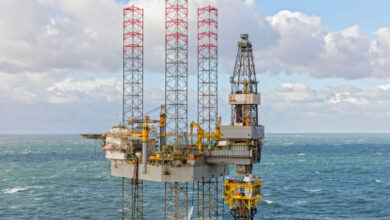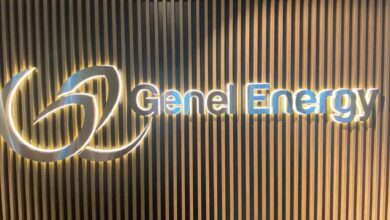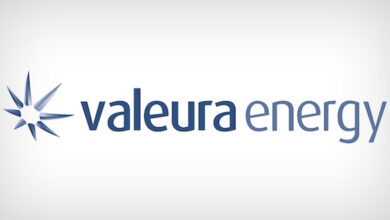European Commission: Public skepticism tops myriad challenges for shale gas prospects

By Joanne Liou, associate editor
Turning shale gas production into reality in Europe depends largely on geology, the market and, most importantly, public acceptance, a European Commission policy officer said. “Public acceptance appears to be one of the biggest hindrances for shale gas in Europe,” Michael Schuetz with the European Commission’s Directorate-General for Energy, said at the 2013 IADC Critical Issues for Unconventionals Europe Conference last week in Warsaw, Poland. “It’s such a hindrance, such an issue, that we cannot even get the sufficient exploration programs done to actually know that that’s a potential goal.”
Despite the challenges, the European Commission views unconventionals, particularly shale gas, as a hydrocarbon resource with potential, he stated. In particular, it could help to moderate natural gas prices in Europe. “They could also moderate import dependency,” Mr Schuetz explained. However, public opposition against shale gas is an issue that industry must address. Since 2010, the European Commission has seen a significant rise in parliamentary questions, letters from citizens, petitions, etc, about unconventional exploration.
In response, the European Commission has commissioned several studies on the impact of shale gas on the energy market, climate and environmental risks. Three were published in September 2012. The commission, at the request of the European Council, is also analyzing energy price drivers and costs in member states.
The commission adopted “a 2030 framework for climate and energy policies” in March this year and plans to publish a series of proposals next year related to the framework, including an unconventional hydrocarbon extraction initiative. The initiative will provide member states with guidance on how to properly regulate unconventional gas activities and how to apply the existing environmental legislation. “The guide will also include an interpretation of the existing environmental legislation and how it applies to unconventional hydrocarbon extraction and hydraulic fracturing,” Mr Schuetz said. It has not been decided whether the initiative will include legislative proposals.
At the end of last year, the commission proposed amending environmental impact assessments (EIAs) to focus on procedural issues but have yet to propose any environmental legislation related to shale gas or fracturing. The EIAs guide the European Commission’s assessments of potential economic, social and environmental impacts before new initiatives are proposed. “We cannot avoid the question from the European Parliament, member states and studies we commission that show that there are numerous uncertainties or issues to be clarified,” Mr Shuetz said.
In September, the European Parliament adopted the formal position where an EIA is required only during the production stage of a shale gas project, he stated. “The commission has not come to a conclusion if we can accept the position of parliament or compromise. We need to do so relatively soon.”
The European Commission will continue to provide guidance, and member states will help direct how legislation should be implemented and how operations should be permitted and properly planned. “You will see results early next year,” Mr Schuetz said. “It’s a work in progress. I hope for constructive engagement of stakeholders, like IADC, in ensuring that on one hand environmental risks are properly addressed, and on the other hand, it can make use of the potential shale gas for Europe.”




